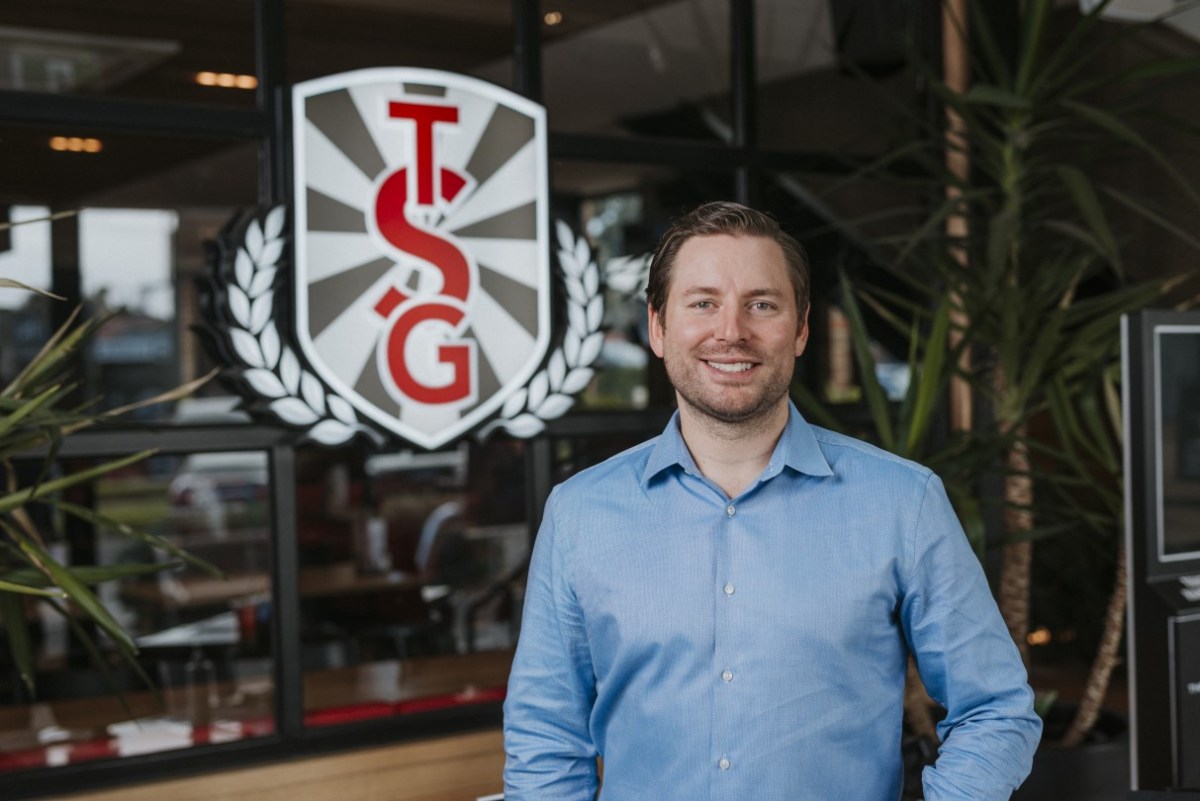Now is the time for the hospitality industry to make their voices heard, according to Signature Hospitality Group CEO James Sinclair.
The government is in election mode, politicians are watching the polls, and the hospitality industry is under unprecedented pressure.
He believes the industry should take advantage of this window and speak up, advocate for solutions, and apply pressure in the right areas to drive progress.
As an operator of over 35 venues across Australia, including independent sports bar concept The Sporting Globe and American bar & grill chain TGI Fridays, Signature Hospitality Group has experienced the problems first-hand.
The staff shortages have been exacerbated by the pandemic, according to Sinclair, bringing with it major frustration. “Never in our lives have we been so managed by government, and while they are trying to do the best they can, it’s important for industries to speak up when there are problems.”
Omicron has been more damaging than we were led to believe, Sinclair says, with the public self-regulating and staying at home in January, while the shortage of RATs for hospitality operators saw many venues close.
“The failure of RAT supply for hospitality meant staff couldn’t work, and the consequences are rippling through.”
Sinclair also says the government made a mistake in its treatment of skilled visa holders during the pandemic. “They got that very wrong. This group should have been part of job keeper from day one.
“I advocated for that unsuccessfully. When they announced this group was not included in the disaster payments, the messaging that sent to the world and people aspiring to come to Australia – and those who had already committed their lives to moving here and becoming Australian – was wrong and short-sighted.
“We knew we needed them at the other end, and now it’s costing the economy more than it would have cost to support them earlier on.”
Sinclair believes that to see the return of international students and other visa holders, Australian must provide a pathway to permanent residency.
“This is what we need to do to strongly to compete with places like Canada for the best talent across all industries. Visas are critical,” he says.
Another thing Sinclair wants to see is greater government assistance with the high investment required to source, train and develop, visa applicants.
“Generally, all those challenges put incredible pressure on our sector in terms of employment costs. The cost of recruiting, training, and wage inflation – that is real and happening due to the shortage and people being desperate to hire.
“Governments need to play a hand in helping with that cost. Our industry has been shuttered on and off for two years. Providing a freeze on payroll tax for a period to rebuild should at least be considered.”
Sinclair is also calling for government action at a global level and is advocating for investment in a global vaccination program. “This problem is bigger than just us. We need to vaccinate globally as we have a role to play as a wealthy western nation,” he says.
“If we don’t achieve that globally together, all the experts are telling us the risk of new variants is very probable, so we need to do everything possible to mitigate that risk.”

